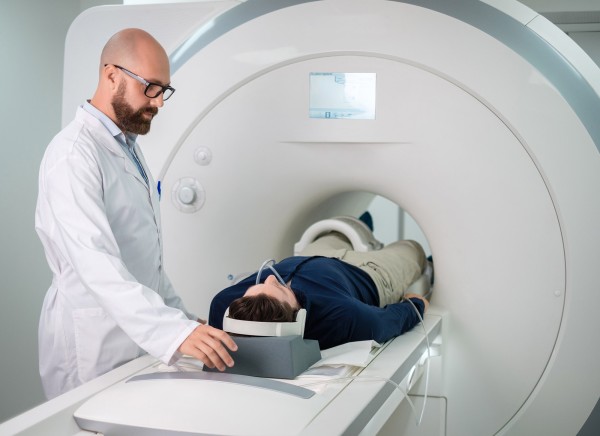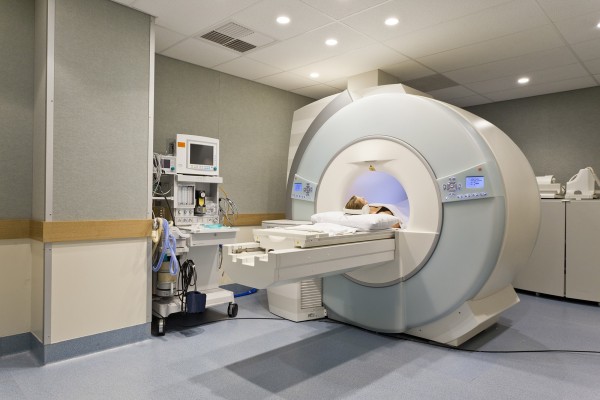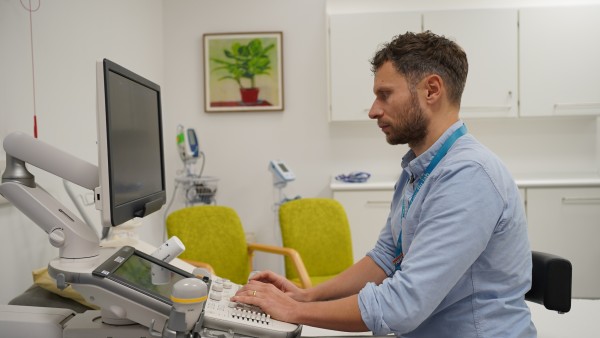Our work spans from pre-clinical research and its translation, through to clinical research and innovation. King’s Health Partners Neurosciences has the second largest academic neuroscience department in the UK, the School of Neuroscience. This is the largest school within King’s College London, and is part of the world-renowned Institute of Psychiatry, Psychology & Neuroscience. Its research is based around six themes:
- Early life and development;
- Lifelong health and disorders;
- Ageing and neurodegeneration;
- Neuroscience of mental health;
- Brain modelling and imaging;
- Research facilities.
- Maurice Wohl Clinical Neuroscience Institute, a state-of-the-art facility with 250 clinicians and research scientists from neurology, psychiatry, neuroimaging, genetics, molecular biology, cellular biology and drug discovery.
- UK Dementia Research Institute at King’s College London.
- Medical Research Council Centre for Neurodevelopmental Disorders.
- National Institute for Health and Care Research Maudsley Biomedical Research Centre
- National Institute for Health and Care Research-Wellcome Trust King's Clinical Research Facility
Further details on the infrastructure within the School of Neuroscience can be found here.
Our collective academic strengths include neurodegeneration, with particular expertise in motor neuron disease and Parkinson’s disease. We conduct world-leading clinical research in epilepsy, headache and stroke, have an extensive programme of pre-clinical research in neurodevelopment, neurodegeneration and neuroregeneration after injury, and a large portfolio of commercial research.
Our research is ranked:
- 4th globally for the number of citations in the top 10% citation percentile.
- 17th globally, 3rd outside north America, for reputation and research in neuroscience (US News Ranking).
- 2nd in the UK for research power in the 2021 Research Excellence Framework (combines neurosciences with psychiatry and psychology), and 100% for 4* ranking research ‘environment’.
Our achievements include:
- The use of calcitonin gene-related peptide drugs for migraine, for which Prof Peter Goadsby was awarded the world’s top Brain Prize from the Lundbeck Foundation.
- Gene discovery and gene therapy in Motor Neuron Disease.
- Identifying the importance of the protein HCN2 in chronic pain.
Our high volume of excellent research, large basic science enterprise, infrastructure and world-leading bioengineering department in King’s College London, makes us well positioned to lead the world in translational neuroscience.
We will focus on:
Developing and trialing new therapies
This includes new small-molecule drugs, gene therapy and cell therapies for diseases that cannot be treated using conventional drug approaches.
Improving brain function through neuromodulation (electrical stimulation treatment)
This allows treatment to be delivered in the right part of the brain and potentially to specific time periods, without affecting other brain regions.
Biomarker discovery
Biomarkers are measurements of specific processes in the body that indicate activity of a disease and can be used to monitor or predict response to treatment. We are developing these using brain scans, gene function and electrical measurements of brain and nerve activity.
Bringing engineering advances to treat neurological conditions
We are working with engineering colleagues to develop robotic and visualisation systems to improve neurosurgery and bring artificial intelligence into real-time therapeutic decision making.
Driving innovation through digital and data science
We are pioneering the use of data science to transform outcomes for patients.
CogStack, a clinical analytics platform which uses patient data held in multiple information systems our Trusts, is used for real-time patient management, predictive modelling, audit and research.






